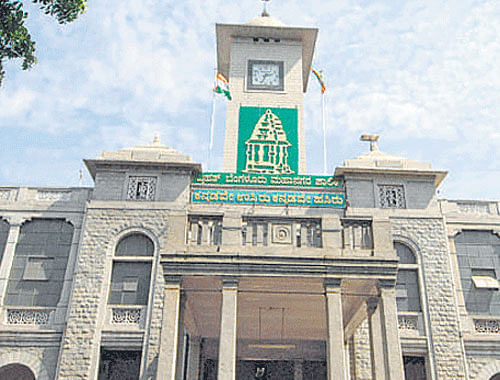
While the government contemplates ways to split the Bruhat Bengaluru Mahanagara Palike (BBMP), a team from the Centre of Ecological Sciences (CES), the Indian Institute of Science, has suggested trifurcation of the Palike based on the natural watershed topography of Bengaluru.
The team had a made a presentation in this regard on March 2 before a three-member BBMP Restructuring Committee comprising former chief secretary B S Patil, former BBMP commissioner Siddaiah and urban planner V Ravichandar. The presentation, made by Prof T V Ramachandra, has now found a place in the BBMP restructuring website seeking suggestions.
While many people and environmentalists have appreciated the proposal, industrialists and various engineering groups have opposed it.
“During the presentation, I explained to the committee members how the trifurcation will help in enhancing and protecting the water bodies in the City which are being lost due to encroachment and pollution. The Hebbal and Yellamallappachetty valley should be made one group; the Vrishabhavathi and Byramanagala lake series, the second group, and Koramangala Chellagatta valley and Hulimavu lake series, the third group,” Ramachandra told Deccan Herald.
Linkage
The division of BBMP should be kept simple. With water crises looming large over the City, it is advised to ensure that the linkage between the water bodies is left undisturbed. This will also ensure that no corporator or official blames each another, and the lakes, too, will be protected, he said.
The presentation also suggested that all the executive powers should be vested with the empowered standing committee and the term of the mayor should be five years.
It also suggested that there should be a mechanism to ensure that all civic departments and agencies such as the BWSSB, health, forest and lake development authority work in unison.
There should be a vision document for development plan and conservation strategies and empower residents’ associations to manage common land such as parks, water bodies, etc.
It should also have proper provisions for solid waste management, e-waste, hazardous waste and bio-medical waste. It should have provisions to meet the decentralised solid waste treatment and management and have regional-level regulatory authority on municipal services.